If you’ve ever felt that telltale burn rise up your chest after a meal, you’re not alone. Heartburn affects millions of people daily, turning something as simple as dinner into a discomfort-filled experience. While antacids and prescription meds can offer relief, more and more people are looking to their plates—not their pill bottles—for long-term solutions.
The good news? Relief might already be in your kitchen. Certain natural foods can help calm your digestive system, reduce acid production, and even help your body repair the damage caused by frequent reflux. From fiber-rich grains to cooling teas, these options aren’t exotic superfoods or expensive specialty items—they’re everyday ingredients that are easy to find and even easier to incorporate into your routine.
In this article, we’ve rounded up 15 everyday foods that help soothe heartburn the natural way. These aren’t just old wives’ tales—many of these remedies are backed by science and endorsed by nutritionists and gastroenterologists alike. Whether it’s the anti-inflammatory power of ginger, the alkaline boost from sweet potatoes, or the soothing touch of chamomile tea, each food on this list offers unique digestive benefits.
Even better? Many of these heartburn-friendly ingredients do double duty—boosting gut health, supporting your immune system, and keeping you full longer. Whether you’re battling occasional reflux or trying to get a handle on chronic symptoms, swapping out acid-triggering foods for these gentler options could make all the difference.
Say goodbye to burn and hello to balance—no prescription required.
1. Oatmeal
Start your day with a bowl of oatmeal to create a protective barrier in your stomach. This whole grain absorbs acid while providing fiber that keeps your digestive system moving smoothly.
Many heartburn sufferers find relief within days of adding regular oatmeal breakfasts to their routine. The key is keeping it simple—skip the sugar and opt for gentle toppings like bananas or a touch of honey.
Steel-cut varieties offer the most benefits, though instant works too. Just avoid flavored packets which often contain acid-triggering ingredients that might make your symptoms worse instead of better.
2. Ginger
Ginger root packs powerful anti-inflammatory properties that calm irritated digestive tracts. Centuries before modern medicine, people worldwide relied on this knobby root to settle upset stomachs.
Fresh is best—try grating a small piece into hot water for tea, or add it to stir-fries and smoothies. The active compounds work quickly to reduce acid production while promoting healthy digestion.
Just a quarter-teaspoon of ginger can begin providing relief within minutes. For convenience, keep ginger chews or crystallized ginger on hand for quick symptom management when you’re away from home.
3. Bananas
Yellow and ready-to-eat, bananas serve as nature’s antacid tablets. Their natural alkalinity helps neutralize stomach acid immediately upon consumption, making them perfect for on-the-go relief.
Bananas contain compounds that stimulate the stomach lining to produce more protective mucus. This thicker barrier shields your stomach walls from irritation while their soft texture means minimal digestive effort.
Riper bananas generally work better for heartburn sufferers. The fruit’s soluble fiber also absorbs acid while helping move food through your digestive tract at the right pace—not too fast or too slow.
4. Almonds
Almonds balance stomach acid levels through their high oil content and alkaline properties. A small handful can provide quick relief when heartburn first appears, making them perfect desk drawer or car console companions.
Raw, unsalted almonds work best. Their healthy fats coat the esophagus and stomach, creating a protective barrier against acid splashback. The natural fiber helps move food through your system efficiently.
Try eating 5-10 almonds after meals or when symptoms first appear. Regular consumption may actually help prevent heartburn episodes altogether by training your stomach to maintain healthier acid levels throughout the day.
5. Yogurt
Creamy yogurt soothes irritated esophageal tissue while delivering beneficial bacteria to your digestive system. These probiotics help restore balance to your gut, potentially reducing how often heartburn strikes.
Plain, unflavored varieties work best since sugar and fruit add-ins can trigger acid production in sensitive individuals. The cooling sensation provides immediate comfort to burning sensations, while the protein content helps strengthen the lower esophageal sphincter.
Greek yogurt offers extra benefits due to its higher protein concentration. A small bowl before bed can prevent nighttime heartburn episodes—just be sure to choose varieties with active cultures listed on the label.
6. Melon
Watermelon, cantaloupe and honeydew belong to the alkaline fruit family, helping neutralize stomach acid naturally. Their high water content dilutes acid while providing essential hydration that aids proper digestion.
Melons digest quickly, minimizing the time food spends in your stomach. This reduces the chance of acid backing up into your esophagus. Their natural sweetness satisfies cravings without triggering the acid production that comes with processed sweets.
Try a cup of melon cubes as a mid-morning snack or dessert alternative. Many heartburn sufferers report they can safely enjoy melon even during flare-ups when other foods cause discomfort.
7. Fennel
Fennel’s licorice-like flavor comes from compounds that relax the digestive tract and reduce spasms in the intestinal muscles. Ancient Romans chewed fennel seeds after meals to prevent indigestion—a practice still effective today.
The crunchy bulb can be sliced raw into salads or roasted as a side dish. For quick relief, try chewing a half-teaspoon of seeds after meals or brewing fennel tea by steeping a teaspoon of crushed seeds in hot water.
Beyond heartburn relief, fennel helps reduce bloating and gas that often accompany acid reflux. Its natural oils coat the esophagus, creating a temporary barrier against stomach acid that might try to creep upward.
8. Leafy Greens
Spinach, kale, and other leafy greens deliver magnesium and other minerals that help neutralize stomach acid naturally. Their high fiber content improves digestion, reducing the likelihood of acid backing up into your esophagus.
Dark greens contain compounds that strengthen the lower esophageal sphincter—the muscle that prevents stomach contents from flowing backward. Stronger sphincter function means fewer heartburn episodes, especially after large meals.
Try adding a side salad to your lunch or dinner, or blend a handful into smoothies. The chlorophyll in these vegetables has soothing properties that can help heal irritated digestive tissues damaged by frequent acid exposure.
9. Papaya
Tropical papaya contains papain, a powerful enzyme that breaks down proteins and speeds digestion. Faster digestion means food spends less time in your stomach, reducing opportunities for acid to build up and splash back.
Ripe papayas work best for heartburn relief. The fruit’s natural sweetness comes without the acid content found in citrus fruits that can trigger symptoms. Many gastroenterologists recommend papaya as a natural alternative to digestive enzyme supplements.
Try eating a small bowl of fresh papaya after meals or blending it into smoothies. For convenience, papaya enzyme tablets are available, but the whole fruit provides additional fiber and nutrients that support overall digestive health.
10. Brown Rice
Brown rice provides complex carbohydrates that absorb stomach acid while adding fiber to your diet. Unlike its refined white counterpart, brown rice retains all parts of the grain, offering more nutrients and a heartburn-friendly profile.
The fiber in brown rice helps move food through your digestive tract at an optimal pace. This prevents the backing up of stomach contents that leads to acid reflux and heartburn symptoms.
Make brown rice your go-to side dish instead of acidic pasta or white rice. For maximum benefit, pair it with steamed vegetables and lean protein for a complete meal that’s gentle on your digestive system while still satisfying your hunger.
11. Sweet Potatoes
Sweet potatoes rank high on the alkaline food scale, helping neutralize excess stomach acid naturally. Their fiber content promotes healthy digestion while their natural sweetness satisfies cravings without triggering acid production.
Baking or steaming preserves their heartburn-fighting properties best. Avoid frying or adding acidic toppings like sour cream that might counteract their benefits. The beta-carotene in sweet potatoes also supports healing of the esophageal lining.
Many reflux sufferers find they can enjoy sweet potatoes even during flare-ups when other starches cause problems. Try substituting them for regular potatoes or bread as a side dish for a comfortable, filling meal that won’t come back to haunt you.
12. Celery
Celery’s high water content helps dilute stomach acid while its fiber improves overall digestion. The vegetable’s alkaline nature neutralizes acid, providing relief within minutes of consumption.
Munching on celery sticks increases saliva production, which helps wash acid back down where it belongs. The extra chewing required sends signals to your digestive system to prepare properly for food, potentially preventing overproduction of acid.
Keep celery sticks prepped in the refrigerator for quick access when heartburn strikes. For variety, try celery juice or add chopped celery to soups and salads. The natural minerals present also help balance electrolytes in your digestive system.
13. Chamomile Tea
Chamomile tea contains compounds that reduce inflammation in the digestive tract while calming the nervous system. This double action helps relieve heartburn, especially when stress is a triggering factor.
The warmth of the tea helps relax the esophageal sphincter in a controlled way, allowing trapped gas to escape upward without bringing acid along. Many find sipping chamomile before bed prevents nighttime reflux episodes.
Steep organic chamomile flowers for 5-7 minutes for maximum benefit. Avoid adding lemon or honey if you’re in the middle of a heartburn episode, as these can sometimes worsen symptoms. Regular consumption may help prevent future attacks by maintaining digestive balance.
14. Cauliflower
Cauliflower offers heartburn sufferers a versatile, low-acid vegetable option that’s gentle on sensitive digestive systems. Its neutral pH helps balance stomach acid levels while providing essential nutrients and fiber.
Steamed or roasted cauliflower digests easily without triggering excess acid production. Many people who can’t tolerate acidic vegetables like tomatoes find cauliflower a satisfying alternative in meals.
Try cauliflower as a base for creamy soups or as a mashed potato substitute. The cruciferous vegetable contains compounds that may help heal damaged esophageal tissue over time when consumed regularly, potentially reducing how often heartburn occurs.
15. Aloe Vera Juice
Aloe vera juice creates a protective coating along the esophagus and stomach lining, much like it soothes sunburned skin. This natural gel substance helps heal irritated tissue while reducing inflammation from acid exposure.
Look for decolorized, purified aloe vera juice specifically formulated for internal use. The standard recommendation is 1/4 cup before meals, though some find relief with just a tablespoon when heartburn first appears.
Beyond immediate relief, regular consumption may help heal chronic acid damage. Studies show aloe reduces stomach acid production naturally while improving overall digestive function. Always choose products without added sugar or flavors for maximum benefit.

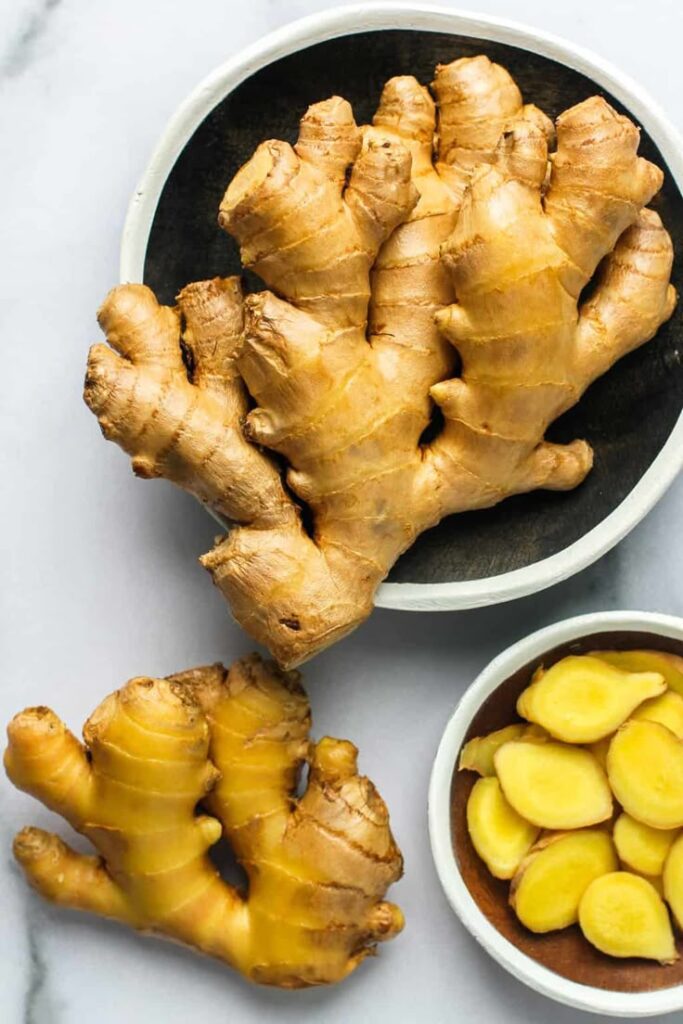
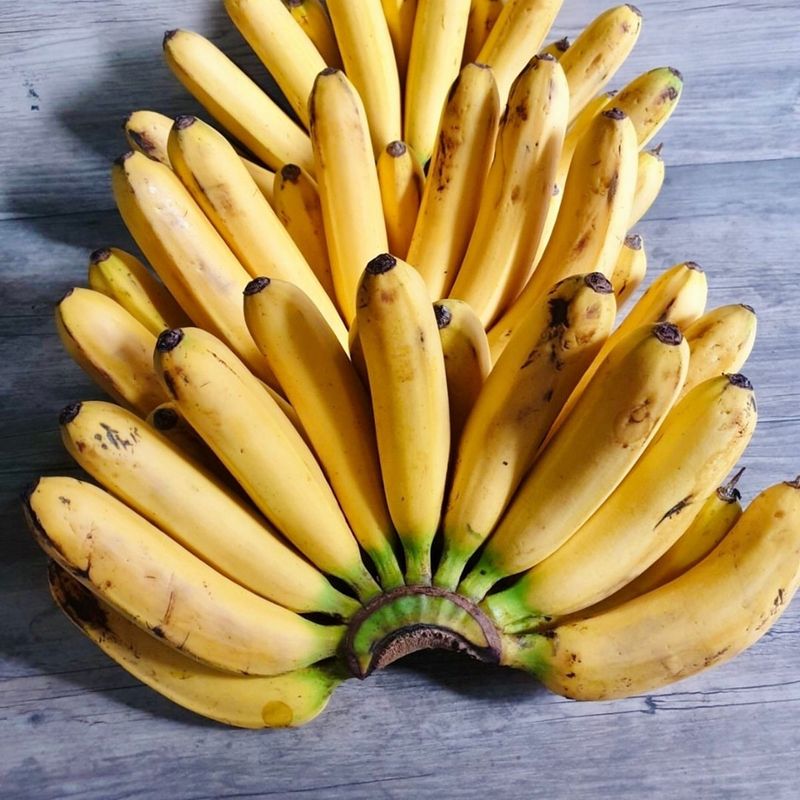
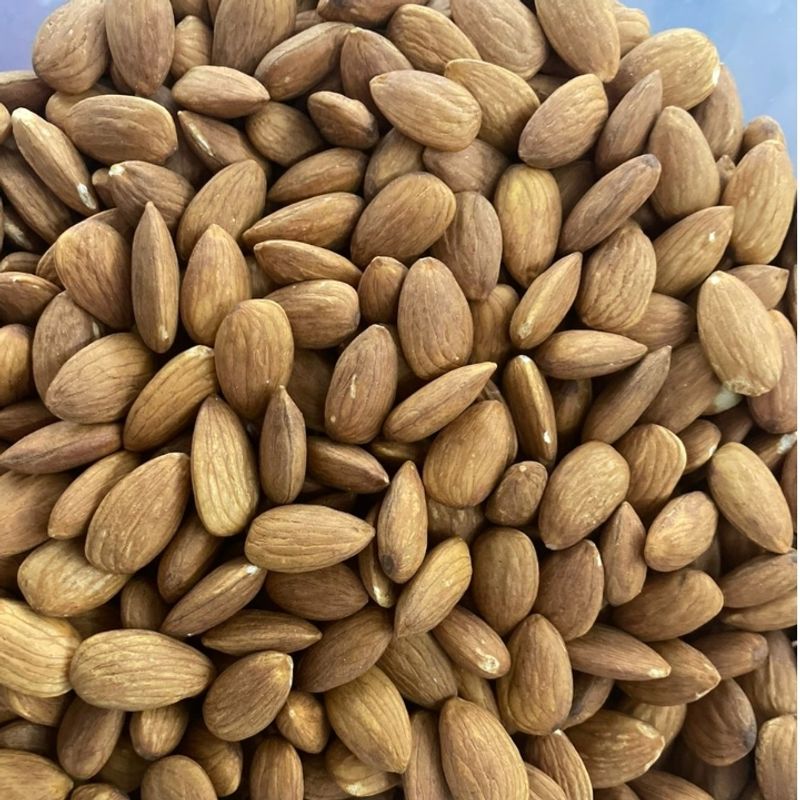
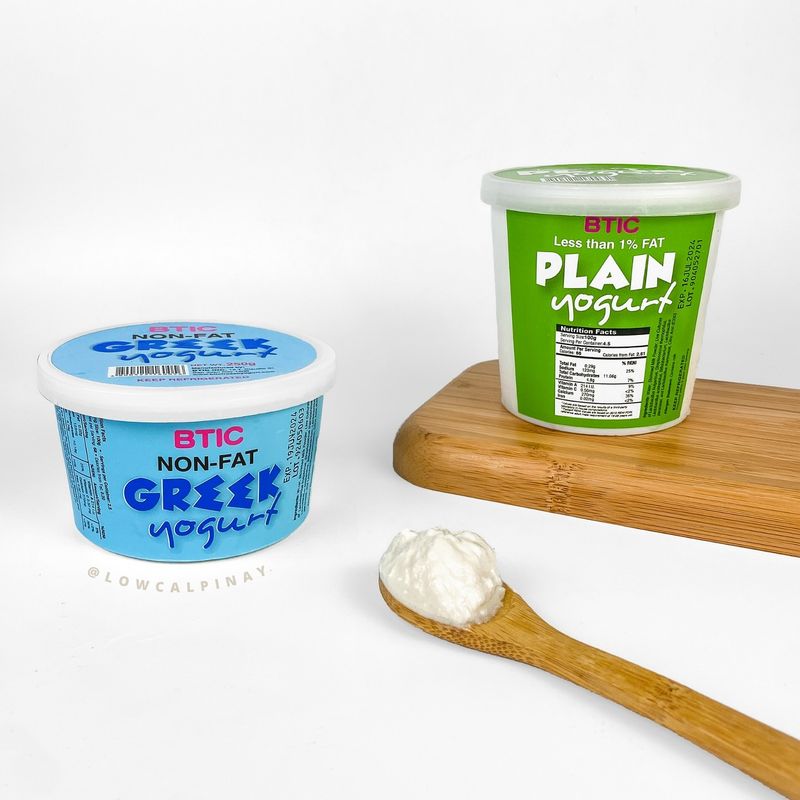
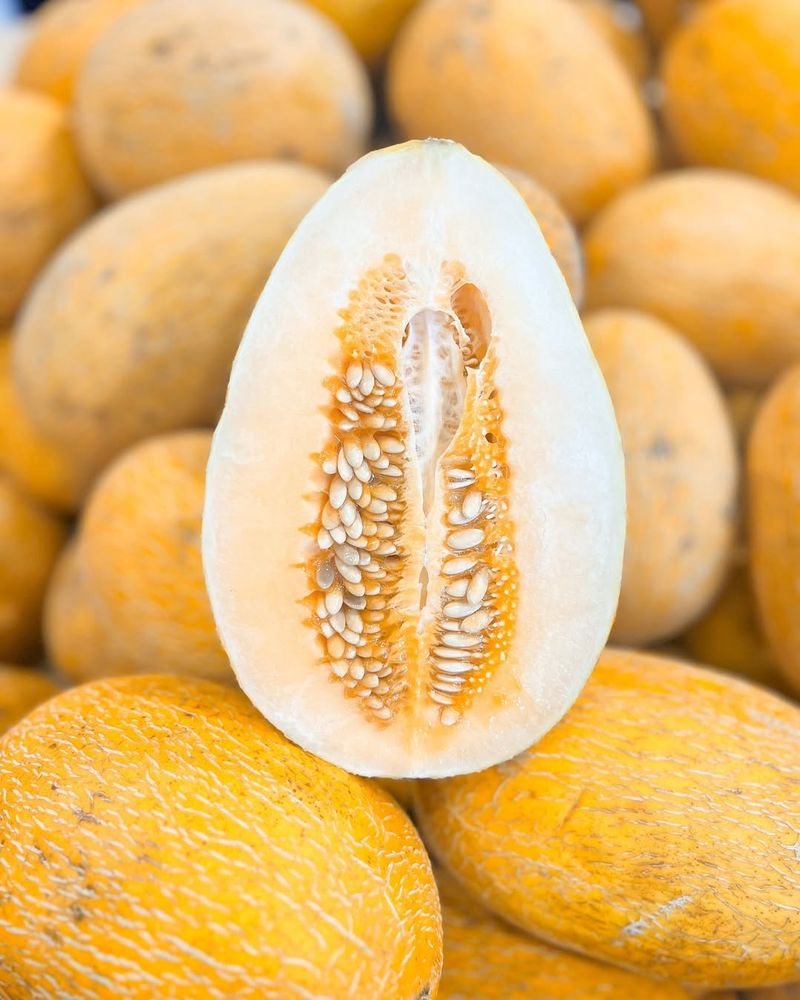
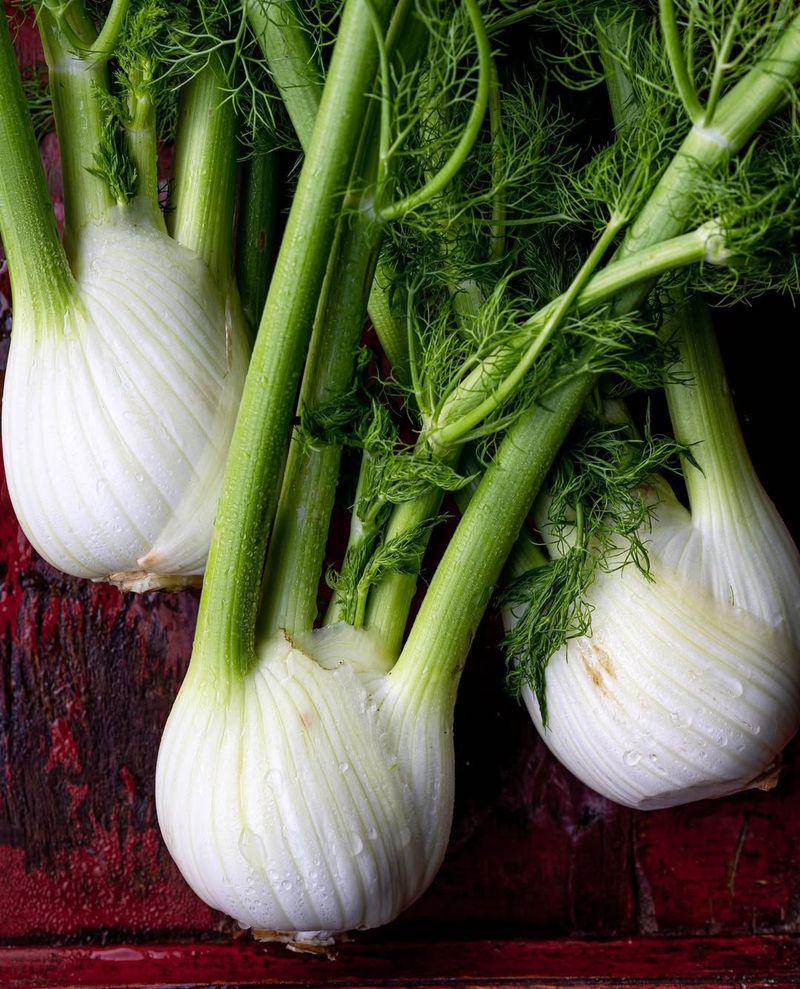
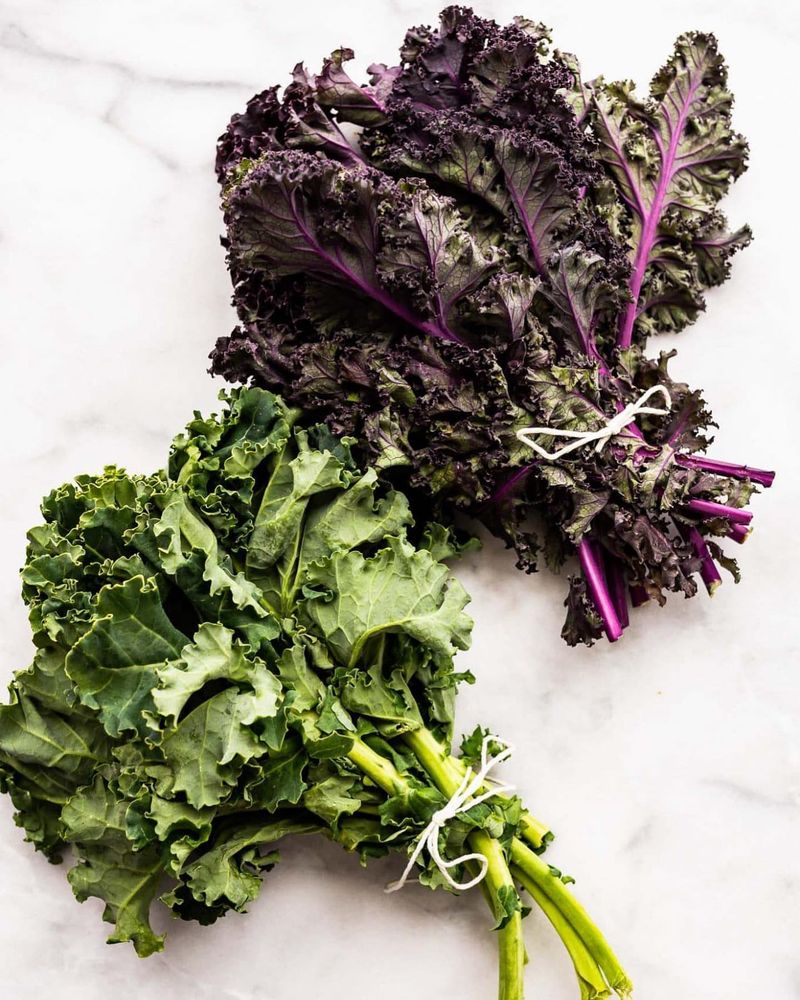
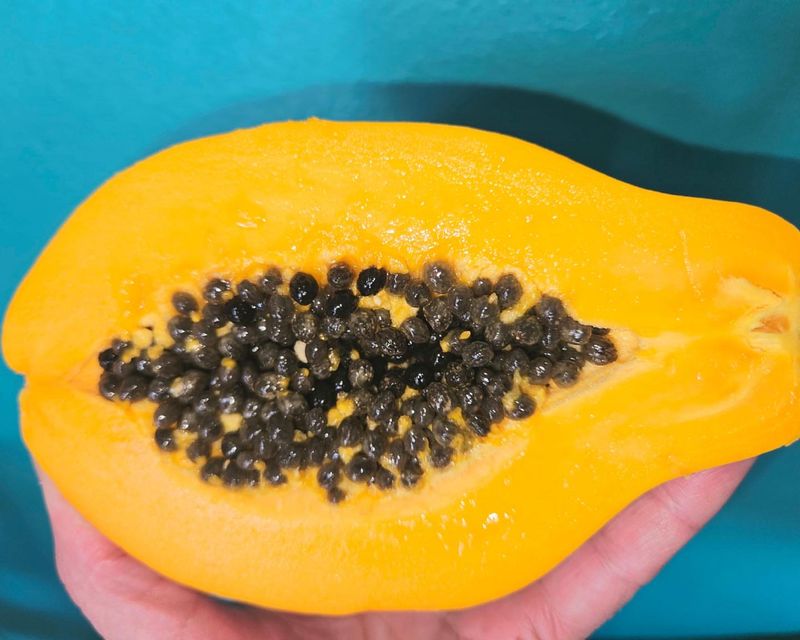
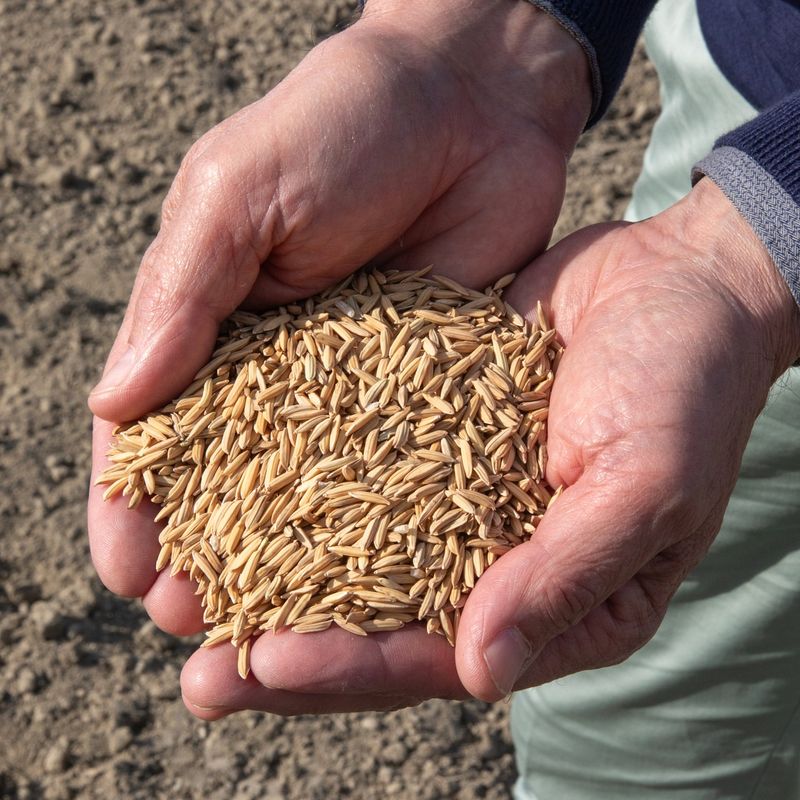
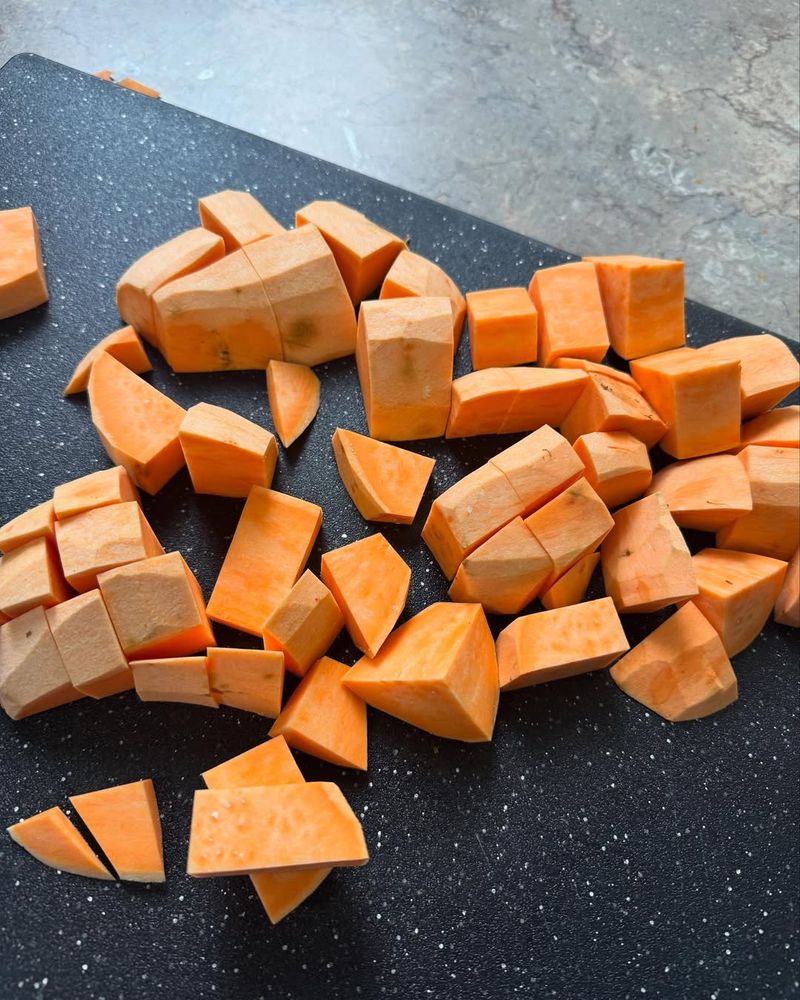


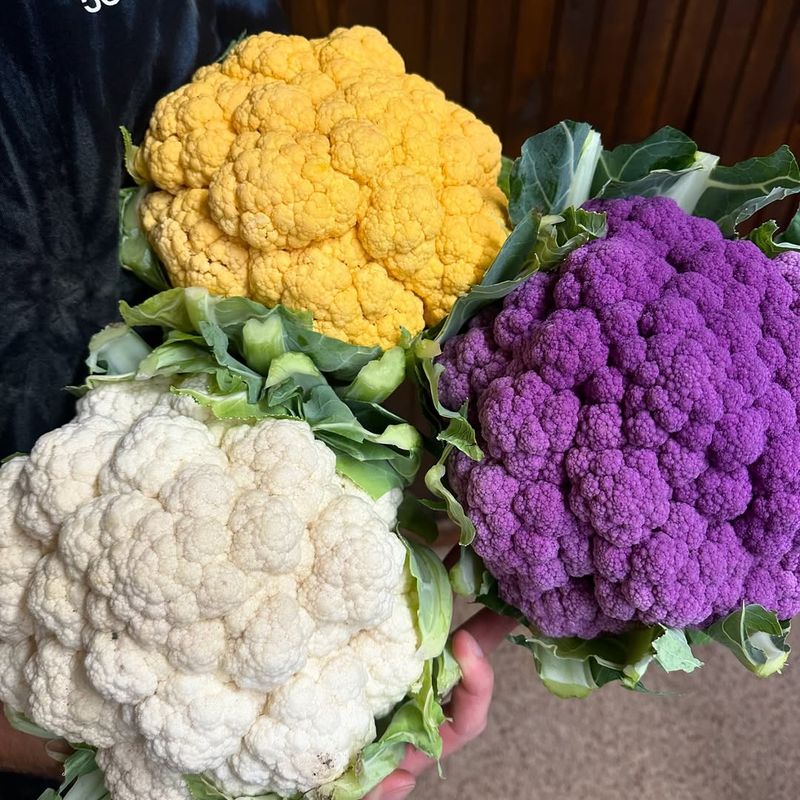
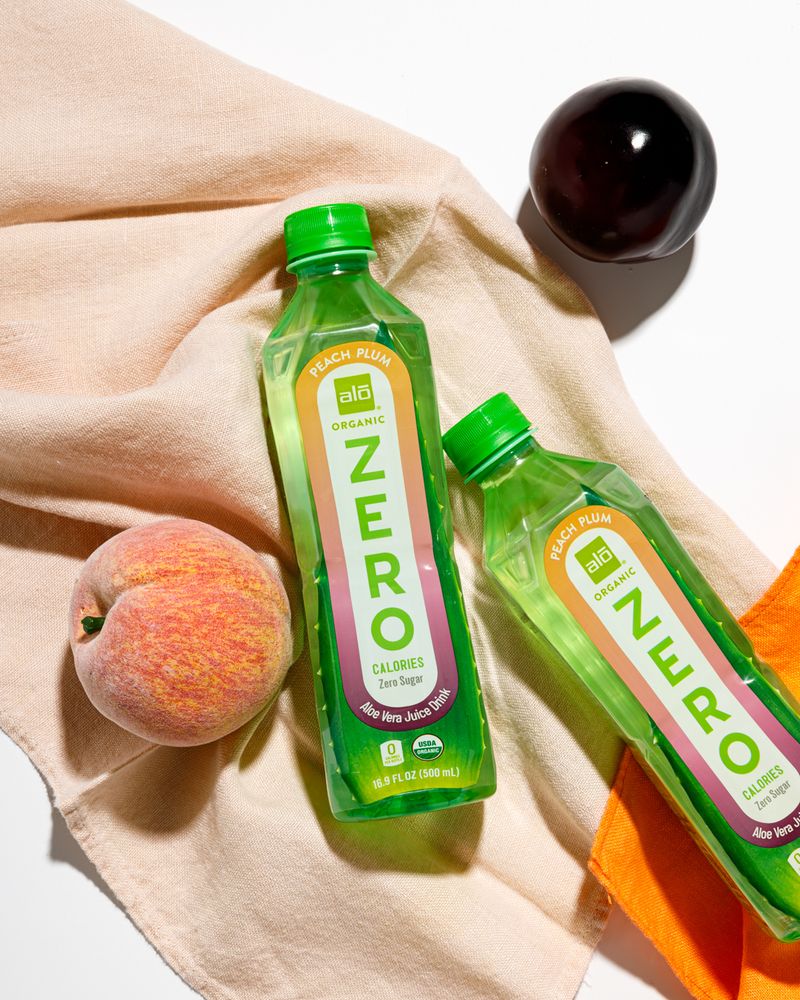
Leave a comment